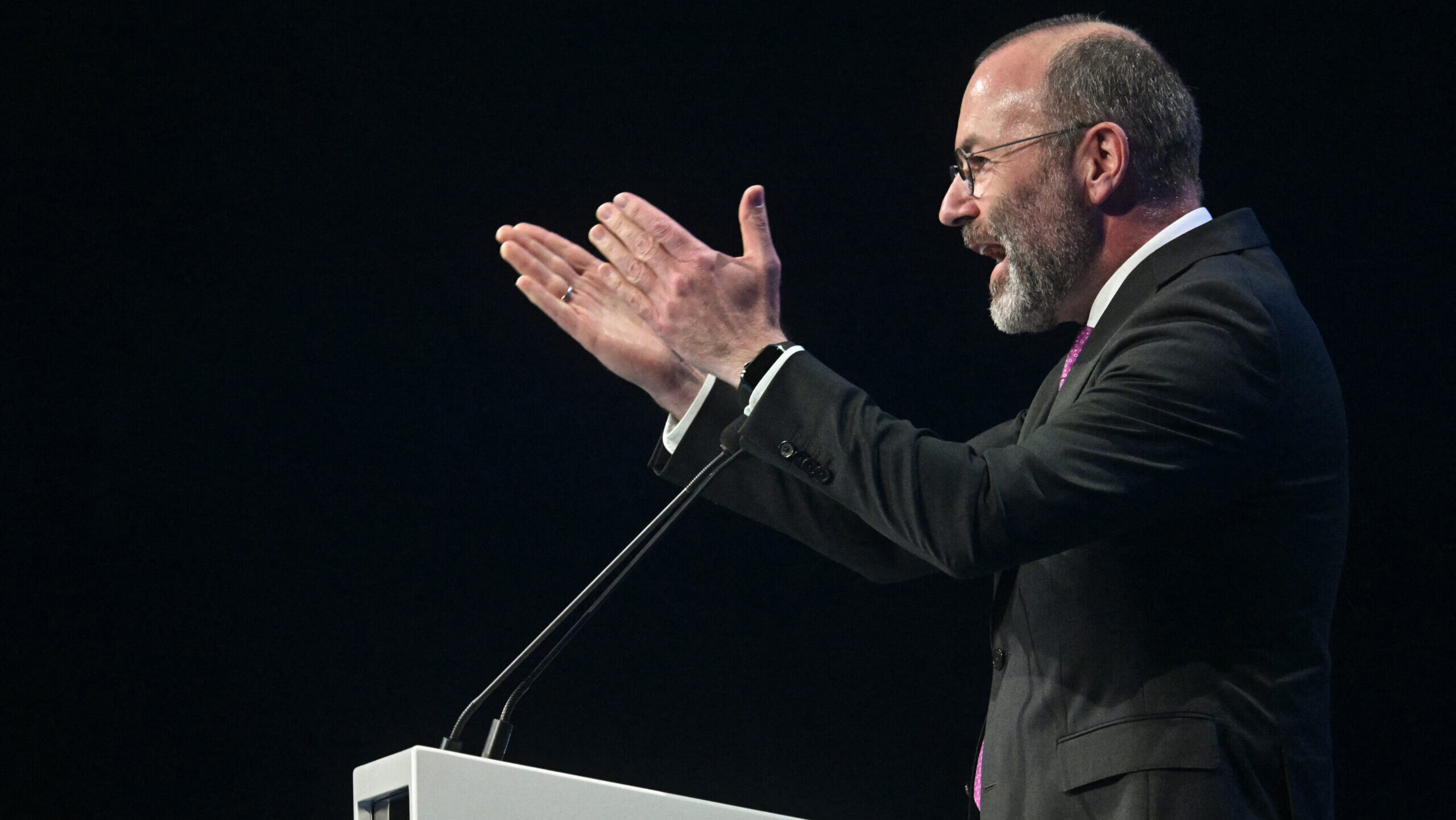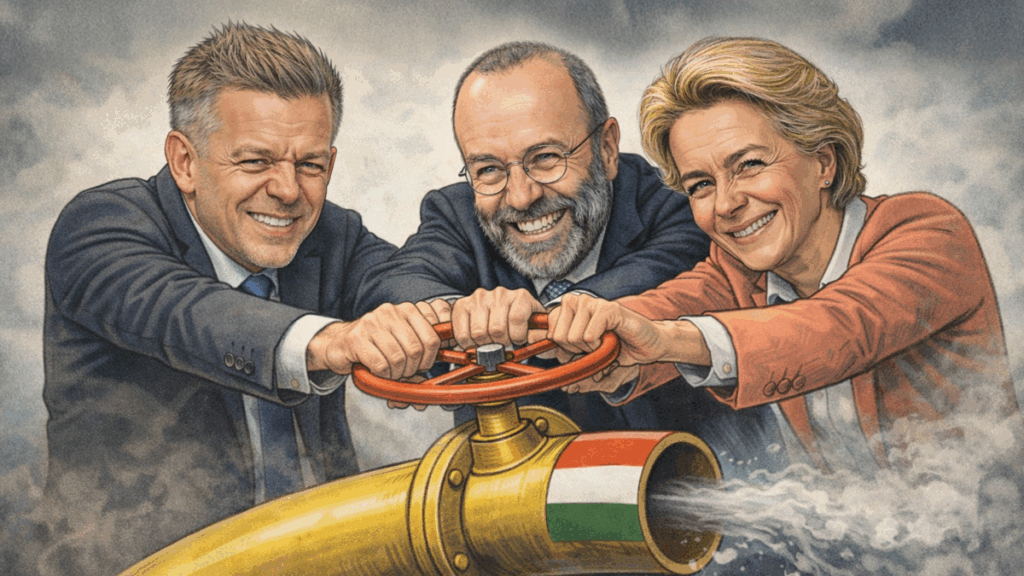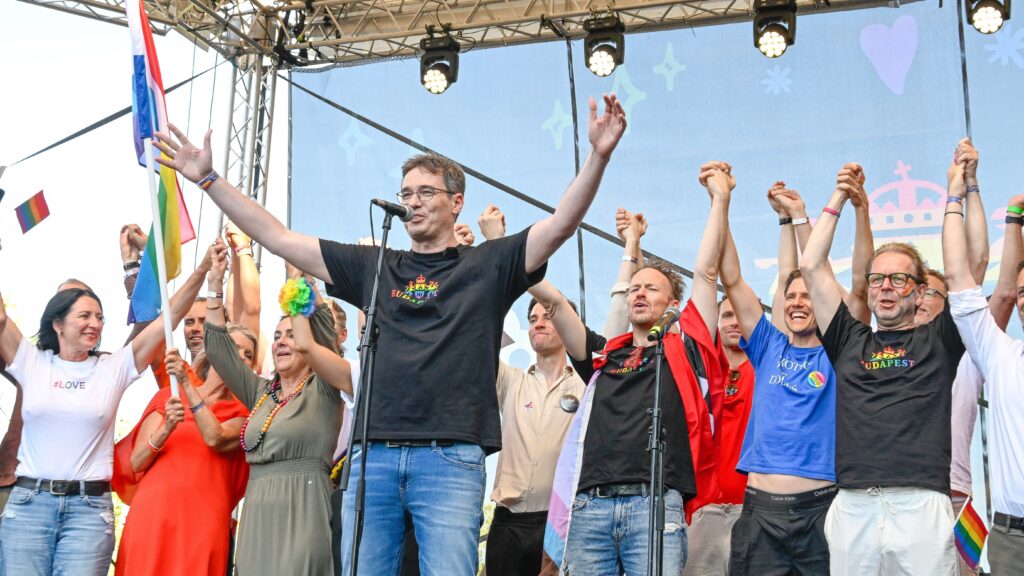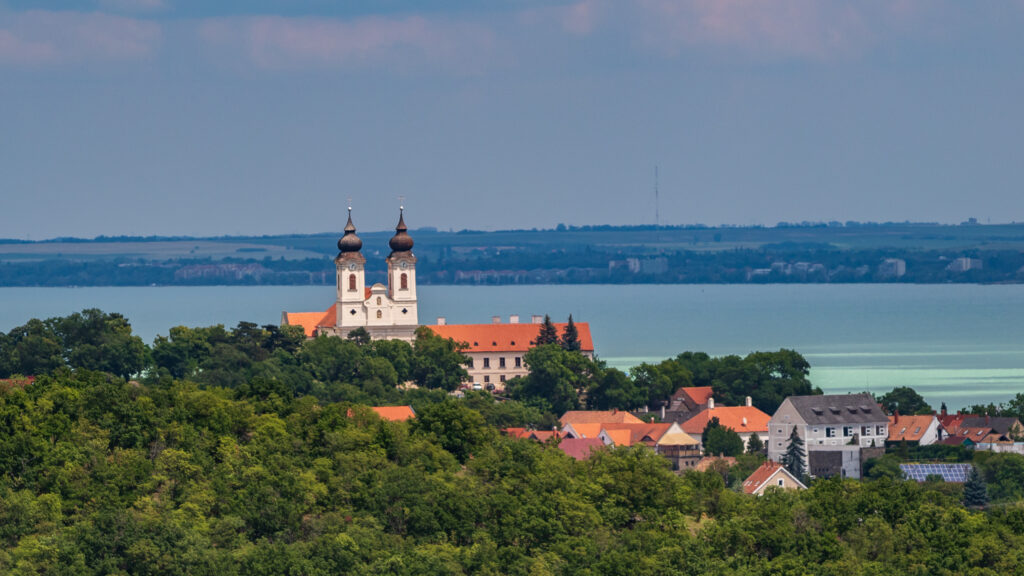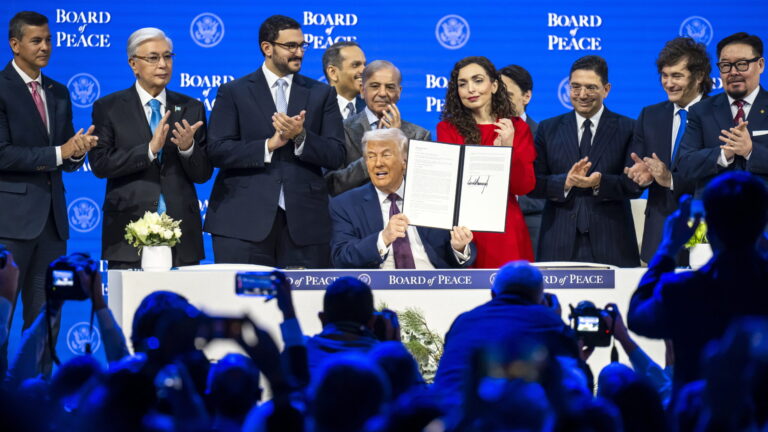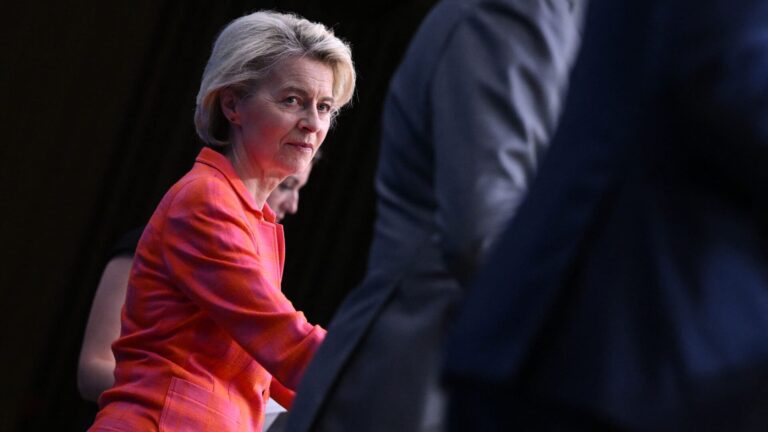The European People’s Party (EPP) Congress re-elected Manfred Weber as its president on 29 April—a result that came as no surprise given his firm grip on power within the European Parliament’s largest political group, often described by many as ‘authoritarian’.
In his re-election speech, Weber dedicated a significant portion to Hungary and his former party colleague, Hungarian Prime Minister Viktor Orbán. ‘And I tell you: in spring next year, the Tisza Party will end the politics of corruption in Hungary. Viktor Orbán will retire,’ Weber declared, referring to Hungary’s upcoming 2026 parliamentary elections.
Weber spoke of Hungary while listing the EPP’s recent electoral successes. The opposition party Respect and Freedom (Tisza) achieved its first major breakthrough in the 2024 European elections, finishing second behind the Fidesz–KDNP governing coalition with 29.69 per cent of the vote. The result saw Tisza send seven MEPs to Brussels—who subsequently joined the EPP group.
‘I travelled to Budapest. I met Péter Magyar. They had no party structure—nothing. We met in a business hotel. I told him: “The EPP is the party of Europe. The EPP is the party of the rule of law. Your seven MEPs must join the EPP.” And yes—they joined,’ Weber recalled of their meeting on the Friday after the vote. He added that Magyar would now be the ‘new face of Hungary in the EPP’—a description once reserved for Orbán himself before Fidesz left the group in 2021.
Watch the relevant part from Weber’s speech below:
Manfred Weber at the EPP Congress 2025 in Valencia
Uploaded by EPP on 2025-04-30.
The Party of Rule of Law
Weber went on to brag about other so-called political victories, listing Poland, Germany, Austria, and Romania as further examples of EPP strength. He praised Donald Tusk’s return to power in Poland after defeating the conservative Law and Justice (PiS) party in 2023. Notably absent from his praise, however, was any mention of the ongoing politically motivated persecutions against former PiS officials, the public media, the judiciary, and civil servants under Tusk’s leadership. A January poll found that more Poles (around 35 per cent) now believe the state of the rule of law has deteriorated since Tusk took office than those who do not (24.4 per cent). The so-called ‘party of rule of law’.
In Austria, Orbán ally Herbert Kickl and the Freedom Party (FPÖ) won the elections in 2024 ahead of the EPP-aligned Austrian People’s Party (ÖVP), yet backroom deals with the progressives and socialists ultimately excluded Kickl’s FPÖ from government.
In Romania, EPP-member parties played along in annulling the presidential election, blocking anti-establishment candidate Călin Georgescu from a likely landslide after the first round.
In Germany, the EPP-affiliated Christian Democratic Union (CDU) and Friedrich Merz did everything to marginalize and demonize right-wing Alternative für Deutschland (AfD), only to form a coalition with the Social Democrats (SPD) after the elections—and breaking most of its campaign promises straightforward. Just two months after the elections, AfD is leading CDU in every major poll, standing at 26 per cent compared to the CDU’s 24 per cent—a 4.5 per cent decline since the vote in February. In March, members of the CDU’s youth organization accused Merz of betrayal in an open letter. So much, then, for EPP success.
Defenders of the European Way of Life
‘Where would European security be without our contribution?’ Weber continued, shifting focus to Ukraine. He credited the EPP with boosting military support to Kyiv and advancing its EU accession agenda. ‘Orbán, Le Pen, and others surrender European interests for a photo with Putin,’ he claimed, adding: ‘We are defending the European way of life. Our Ukrainian friends are doing so well.’
The contradictions here are so glaring, it is difficult to know where to begin. Claiming to defend the European way of life while channelling European taxpayers’ money into a clearly unwinnable war—and simultaneously undermining US-led peace efforts—is hardly consistent. At the same time, advocating for Ukraine’s fast-tracked EU accession by 2030 would inevitably result in reduced cohesion funding for member states and further cuts to an already struggling European agricultural sector. These developments would, in effect, undermine the very European way of life Weber claims to protect. To assert that Ukraine is ‘doing well’ on the battlefield flies in the face of virtually every credible military analysis, which points to steady Russian advances. And all of this is accompanied by the discrediting of leaders who actually represent real European interests and speak to the real concerns of the European people.
‘This is what Hungary must agree to in 2026—if Hungarian voters choose to send Viktor Orbán “into retirement”’
Hungarian Prime Minister Viktor Orbán responded to Weber’s speech on Facebook: ‘Yesterday was a dark day in Europe,’ he wrote. He criticized the EPP’s decision to support the continued war in Ukraine despite its toll on the European economy. ‘Shame!’ he concluded.
Weber’s remarks carry added significance as Hungary heads towards its 2026 elections. His speech sent a clear message: those who join the EPP must submit to his political line. That means unwavering support for Ukraine—militarily, financially, and politically—including its full and fast-track EU accession. This is what Péter Magyar agreed to on 14 June 2024, as Weber proudly recalled. And this is what Hungary must agree to in 2026—if Hungarian voters choose to send Viktor Orbán ‘into retirement’.
Related articles:

